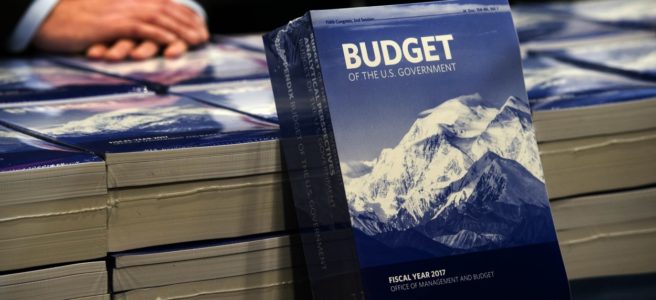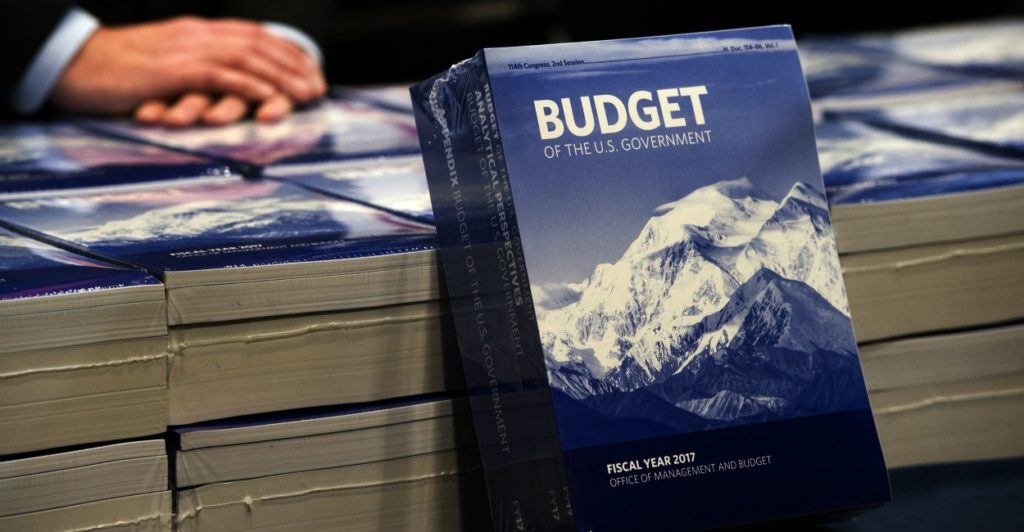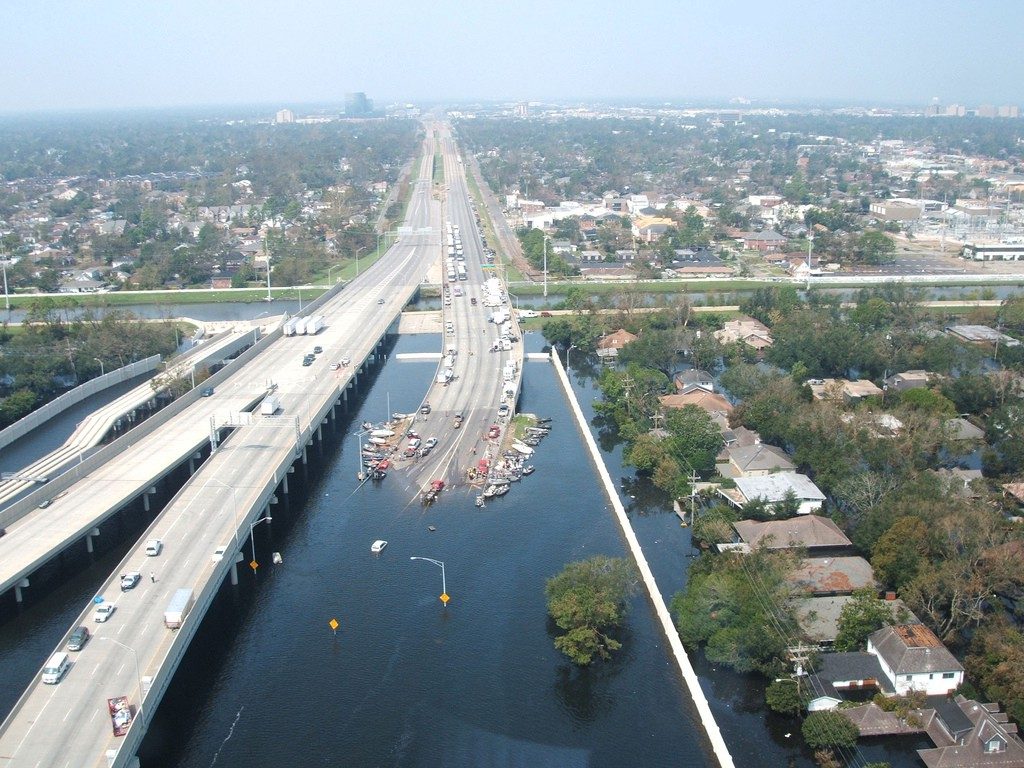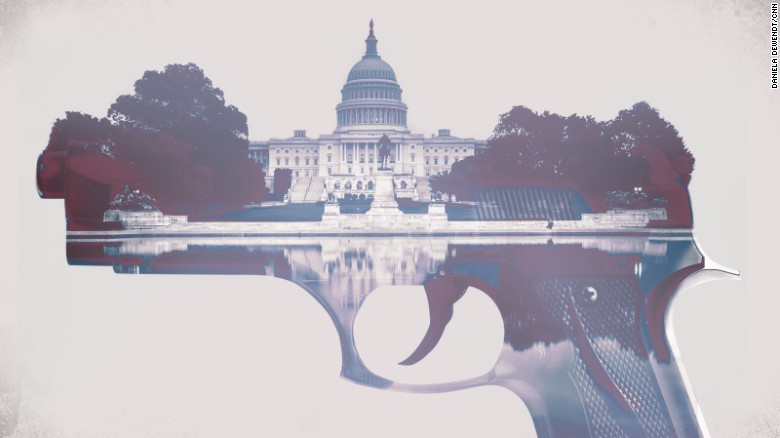Another year, another Presidential Budget. With this proposal, the largest ever at $4.75T, supporters of President Trump have cast away any claims to fiscal conservativism to join those “family values” Republicans who sold out years ago just to wave a red pennant. In fact, the only ideologically consistent tenet of the President’s platform is now a white nationalist one, what with the rallies, and the wall thing, and the carrying on like a street performer doing Mussolini.
In proposing an unprecedented Presidential Budget, it’s amazing, really, that this administration has still found a way to make cuts at all, let alone the evisceration of social safety-net programs which many of us refer to as “humanity.” It is a good thing that the Presidential Budget is really kind of a marketing document, and that Congress actually makes all of those decisions. But the president’s budget speaks volumes to the instincts and preferences of the man in the White House.
I’m sure that analysts will find nuggets of misanthropy deeply buried in the document for weeks to come, but just behind the military parades and silly walls there is an implication much more telling of just how much contempt this president and his new party have for the public. Look, for instance, at education spending.
This budget suggests a 12% cut to the Department of Education, which includes slashing the Pell Grant funding that assists lower- and middle- class households in sending children to college. It also funds the Arts in Education Program, which as seen as much as 50% budget cuts since Republicans took control of Congress in 2012. Taken with consistent calls by this administration to defund the Endowment for the Arts and the Endowment for Humanities, we can interpret this as a real cynicism toward a liberal arts education.
Science, Technology, Engineering, and Math (STEM), on the other hand, is so hot right now. In spite of deep cuts to education spending, we now have new grant opportunities for Computer Science, STEM, etc. from that same agency on the heels of this administration’s promise to invest $200M in those fields. Hot dang! Education!
And that looks great. We’re funding programs to prepare kids for the world. Except that the programs that would someday hire those kids, NASA, the NIH, the NSF, the Department of Agriculture, etc., are also looking down the barrel of billions of dollars in budget cuts.
This begs the question: who stands to gain here?
The answer, of course is Facebook. Google. Tech. What we have in this budget is the framework for a public education system that serves at the pleasure of Big Technology. Where a narrowly educated workforce is churned out heavily in debt to toil toward profits of Byzantine proportions that will be shared by a very few.
It should come as no surprise that the items of Federal R&D budgets which did see proposed increases were for Artificial Intelligence and 5G broadband: the underpinnings of our new surveillance economy and the data hegemony of these same mega-companies.
We see in this budget the cynical view that the government should serve corporate interests above all. With the influence of money in modern politics, this should not surprise us (the tech industry spent $220M on elections in 2018).
Until we get money out of politics this is the new normal: where government works for the interest of private sector growth, and not for the individuals who cast the votes.
Like









